Traditional fuel vehicles are one of the major sources of carbon emissions, and they are also the key pollution sources that cause haze and bad weather. According to the Paris Climate Agreement, countries around the world are making every effort to promote the process of car decarbonization, and many countries and regions have successively The countdown to the ban on the sale of fuel vehicles was announced. This series of actions symbolizes that the era of traditional fuel vehicles that have been running for more than 100 years begins to end.
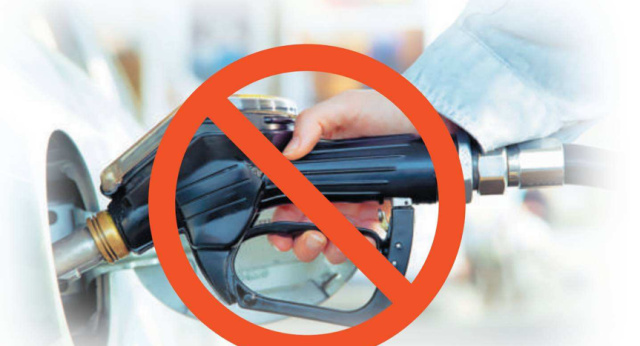
In recent days, the domestic double scoring policy was formally released. The Ministry of Industry and Information Technology has also officially started studies on the fuel vehicle withdrawal schedule. The major changes in the traditional fuel vehicle market have already arrived. How tight is the global fuel vehicle ban? What is the content of the double-integration policy and how will it affect the auto industry? What are the reasons behind China's follow-up to the prohibition of sales of fuel vehicles? What does this revolutionary change mean for consumers? This article discusses these issues in depth.
Global Fuel Vehicle Ban Sales Countdown
Under the dual demands of environmental protection and low carbon, many European and American developed countries have announced time limits for the ban on fuel vehicles. Among them, the Netherlands and Norway are the most aggressive and will ban all traditional fuel vehicles in 2025. The United States has not stated its position. However, state-owned governments with independent legislative powers such as California have decided to limit the ban period to 2030; Germany, as a veteran automotive industry powerhouse, also resolutely stipulates a ban period of 2030; India was announced in April this year. The 2030 ban was a year of courage comparable to that of developed countries; both France and the United Kingdom announced the deadline for the sale in July of the same year. However, the two were more cautious in choosing 2040. The strategic planning of domestic car companies, the transition of relevant industries, and the R&D of battery technology have left a buffer period of 23 years.
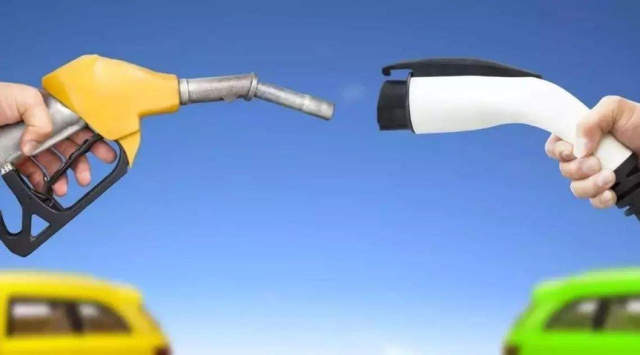
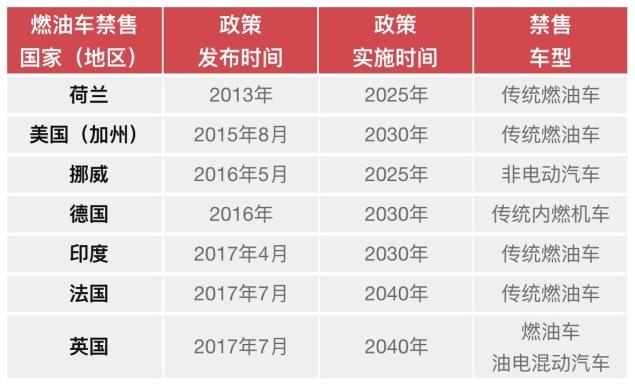
In the tide of worldwide sales bans, many developed countries have made outstanding examples. They hope that by slaving traditional fuel vehicles, they will substantially reduce carbon emissions and respond to air pollution, fulfilling their commitments under the Paris Agreement. Related obligations and promote the transformation and upgrading of the entire industry.
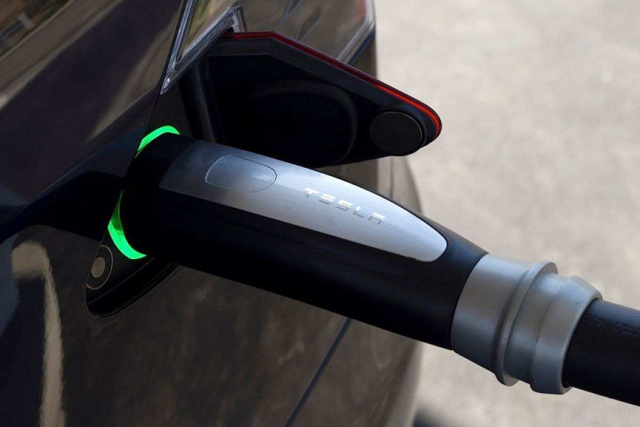
One stone provokes thousands of waves. At present, these policies have caused the global automotive industry to shake. The trend of new energy vehicles to replace traditional fuel vehicles seems to have become irreversible. The auto industry has entered a period of severe transformation and many automobile manufacturers have begun to Accumulate new energy automotive technologies and prepare for future industrial upgrading, technology research and development, and product layout.
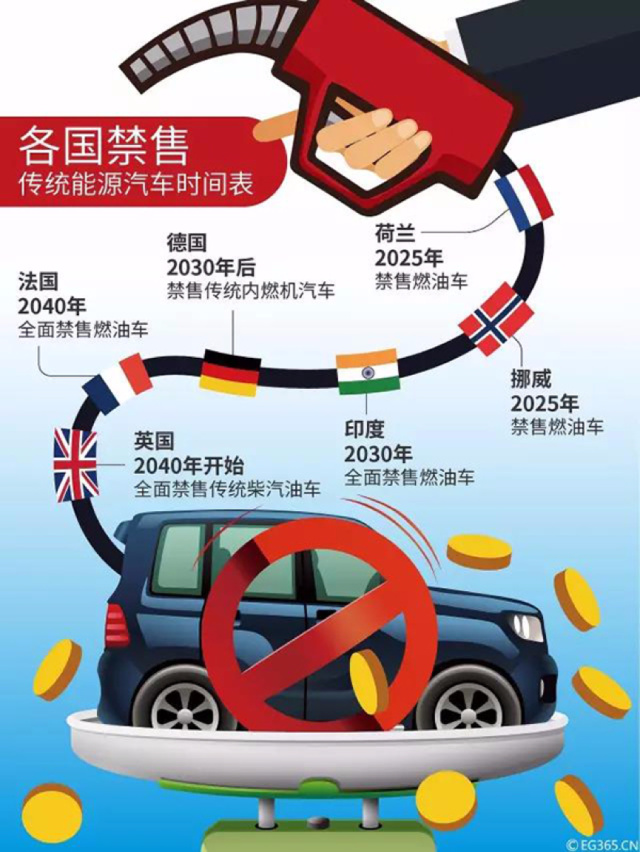
Dual-integration policy landed, China's fuel car ban is getting closer
On September 28, five ministries, including the Ministry of Industry and Finance, the Ministry of Finance, and the Ministry of Commerce, formally issued the "Measures for the Concurrent Management of the Average Fuel Consumption of New Passenger Vehicles and New Energy Vehicles," referred to as the "Double Points Policy." The policy establishes a point accounting system and a trading platform, and can be used to transfer and trade points between companies through the platform. It also clarifies the points calculation method, improves the integral management and supervision system, and the development of domestic new energy vehicles enters the points from the subsidy era. Drive the era.
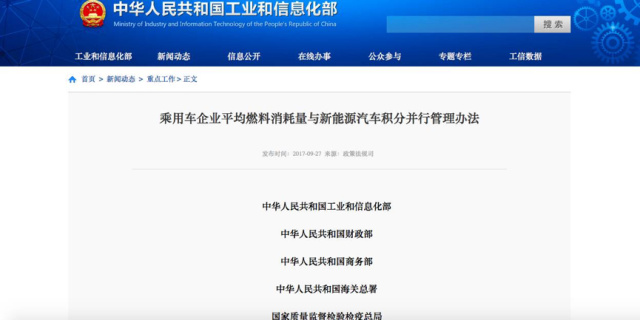
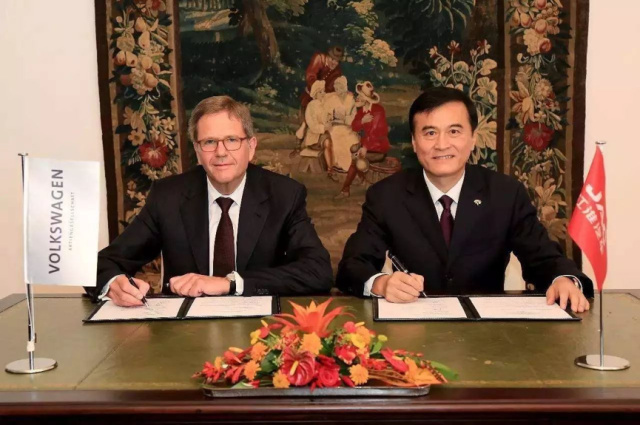
The double-integration policy consists of the fuel consumption integral management approach and the new energy vehicle integration management approach. The most important of these is that the points can be offset, accumulated, carried forward and transferred. This also promotes new joint ventures like Volkswagen and JAC. In the future, companies with insufficient points can purchase from new energy companies, which changes the trend of industrial transformation to some extent.
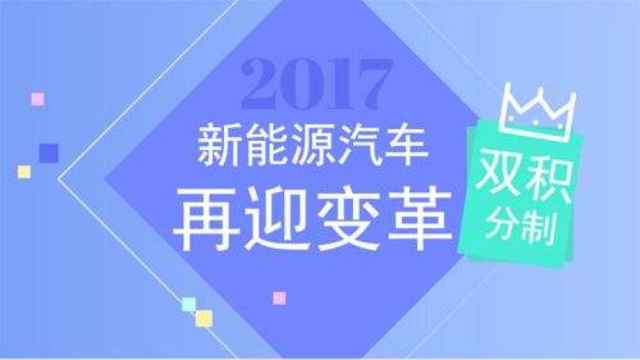
In terms of specific implementation schedules, the double-integration policy has been “blocked†and lobbyed by politicians and auto groups in many countries. State-owned enterprises and private enterprises of local governments and auto makers also passively resisted. When the final policy was implemented, the implementation time was delayed until 2019. The implementation of the year is equivalent to giving the car company a smooth transition for more than a year.
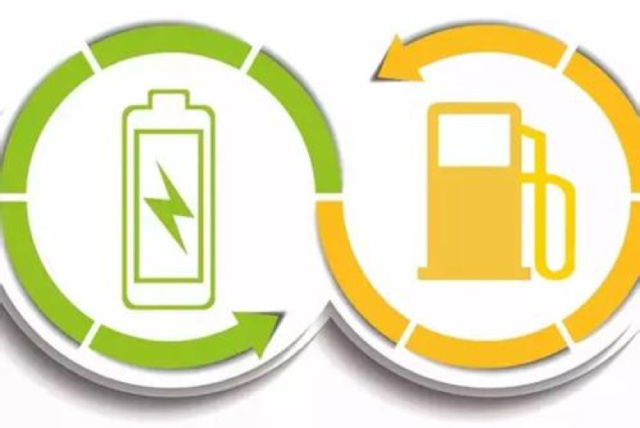
On September 9th, at the China Automotive Industry Development International Forum, Xin Guobin, vice minister of the Ministry of Industry and Information Technology, said that studies on the ban of domestic traditional fuel vehicles have already started, which means that China will soon join the banned countries or regions. According to predictions made by industry insiders, the time limit for prohibition of sales in China should be about 10 years later than that of Western developed countries, and it is expected that the fuel models will be completely banned from 2040-2050.
China's hurry to follow up the ban on sale policy is actually not just for environmental protection
Last year, China’s annual sales of automobiles exceeded 28 million vehicles, ranking the first in the world for eight years in a row. Among them, the production and sales volume of new energy vehicles in 2016 reached 500,000 vehicles, accounting for more than 50% of the global market, which indicates that China is in the global automotive industry. Has a significant weight. However, compared with the domestic car ownership amounted to 100 million yuan, the proportion of new energy vehicles is still relatively small, and the related technologies are still not mature. At this time, the trend of global ban sales is clearly anxious to start. However, it is undeniable that environmental protection and low-carbon are the main theme of the future. It is also imperative to begin research on the prohibition of sale strategy at this time.
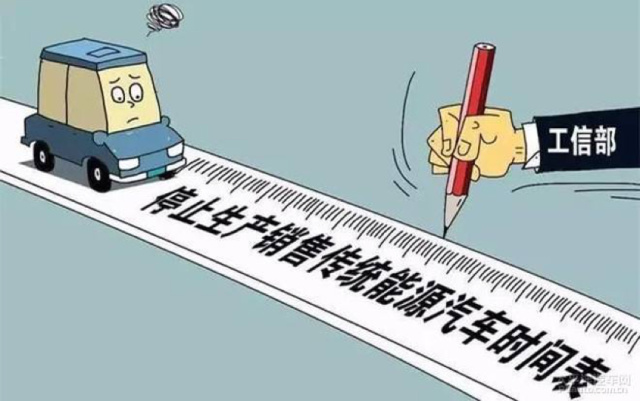
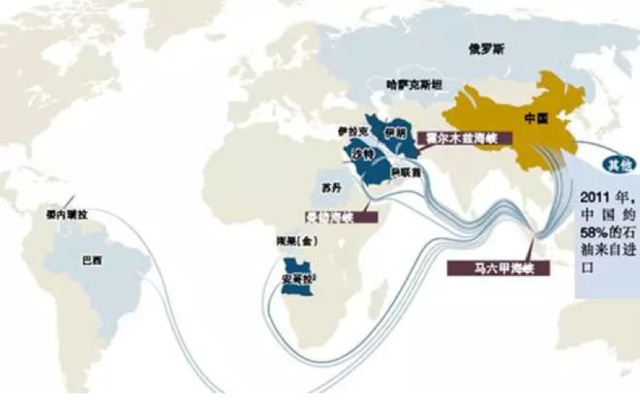
China’s dependence on foreign crude oil has gradually increased, and crude oil imports have been channeled through the strategic throat of the Malacca Strait. Economic risks and geopolitics have a greater impact. Therefore, promoting the ban on sales of traditional fuel vehicles is on the one hand to reduce the current status of air pollution. On the other hand, it is to adjust China's energy structure, improve the degree of foreign dependence, reduce the occurrence of risks in the transportation industry, and reduce the resources, energy, and environment. Pressure to promote the further development of the domestic automobile industry. Finally, using the double-point system and the prohibition period to force domestic auto companies to carry out reforms and innovations, create new products and new industrial chains, and promote substantial investment in the field of new energy vehicles, thereby accelerating the accumulation of core technologies so as to be able to make progress for the future as soon as possible. The market competition lays a solid foundation.
Lock-up period and double points will affect the car purchase options
It is undeniable that the current new energy vehicles still do not solve the following major problems: cruising mileage, charging duration, battery reliability, and the distribution of charging posts. The early domestic tilt of new energy subsidies did not play a good role in promoting, but instead produced a large number of defrauding scandals, the accumulation of new energy vehicle technology is limited, and the core technology has not broken through for a long time. For consumers, these points have not made significant breakthroughs in a breakthrough, so from the perspective of cost-effectiveness, practicality, and technology accumulation, fuel vehicles are still the primary choice for car purchases.
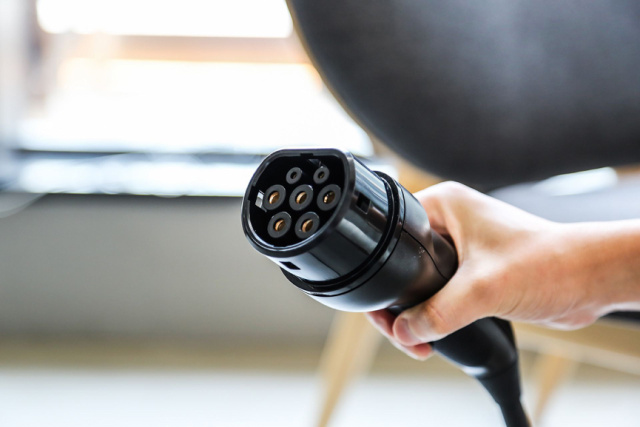
Before the limited-sale of fuel vehicles, consumers can continue to purchase traditional fuel vehicles. Although various types of hybrid vehicles may be used as intermediate transition products, they are expected to become the "road-leaders" of new energy, such as electric car star companies like Tesla. It is also imperceptibly affecting related consumer decisions, but consumers also need a long time to transition. For the Chinese market, the biggest impact of the lock-up period and double points is that there will be fewer and fewer fuel models available on the market.
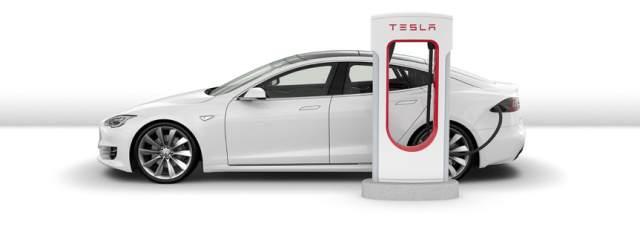
to sum up
Jaguar, Land Rover, Lincoln, Volvo and other luxury brands have actually begun to announce that they will no longer produce any pure internal combustion engines in a few years. Other global car brands are in full swing in the production of hybrid and pure electric vehicles. The auto companies do not passively accept this drastic change as early as possible to promote the upgrading of the auto industry, seize the commanding heights of international competition, and comply with the historical trend of the future of low-carbon green development.
CCMC`s 124 single Disc Mills are designed for optimum performance. Our engineers focused on structural stability to minimize vibration, reducing maintenance cost and solidifying the tram control. The results produced one of the finest wet corn disc mills on the market today.
CCMC`s 136 single Disc Mills are designed for optimum performance. Our engineers focused on structural stability to minimize vibration, reducing maintenance cost and solidifying the tram control. The results produced one of the finest wet corn disc mills on the market today.
CCMC`s 152 single Disc Mills are designed for optimum performance. Our engineers focused on tram alignment, the minimization of vibration and equipment durability, producing one of the finest wet corn disc mills on the market today.
Grain And Oil Machinery,Wet Corn Impact Mill,Grain Mill Impact Detacher,Disc Grinding Mill For Starch
Changchun Meichen Machinery Co., Ltd. , https://www.meichenmachinery.com